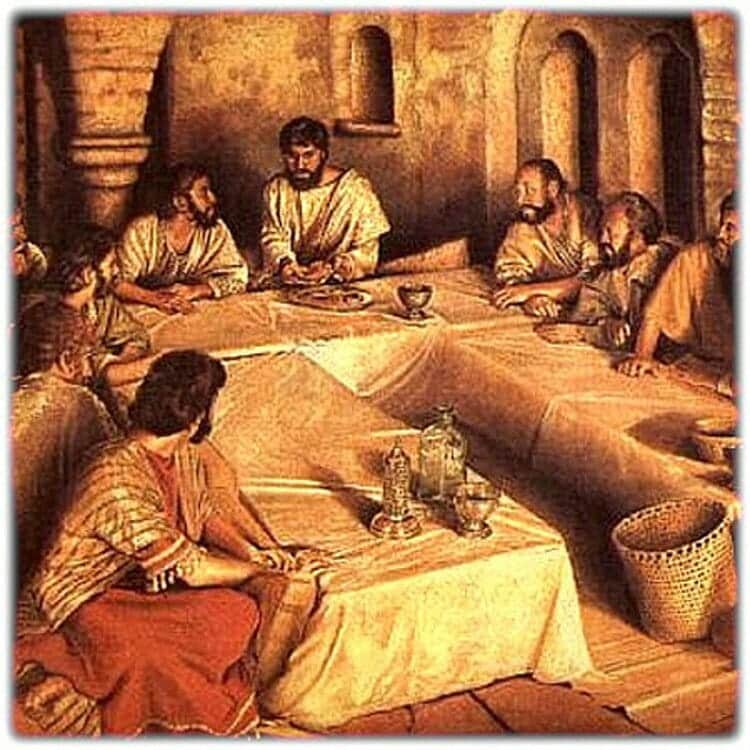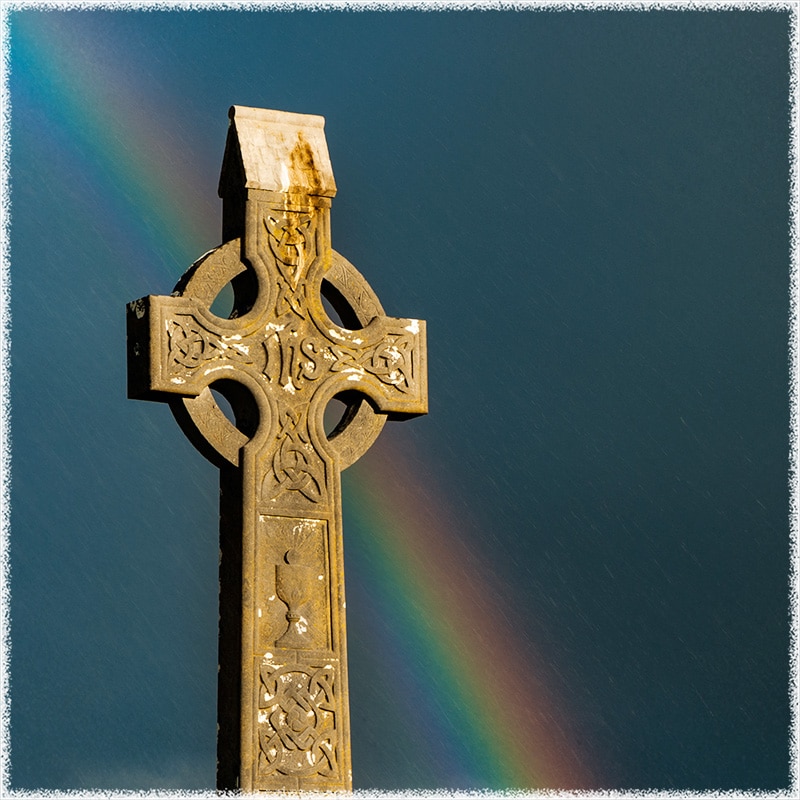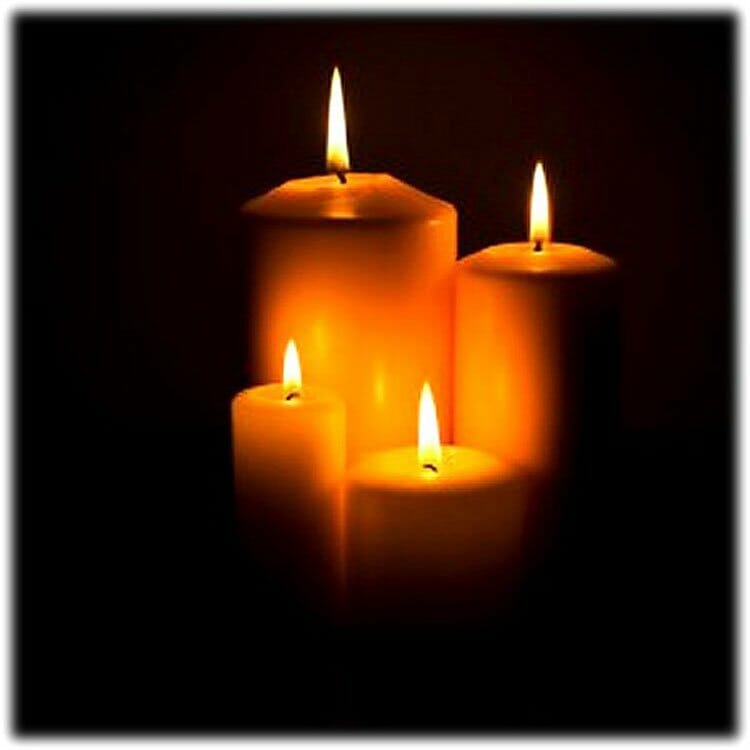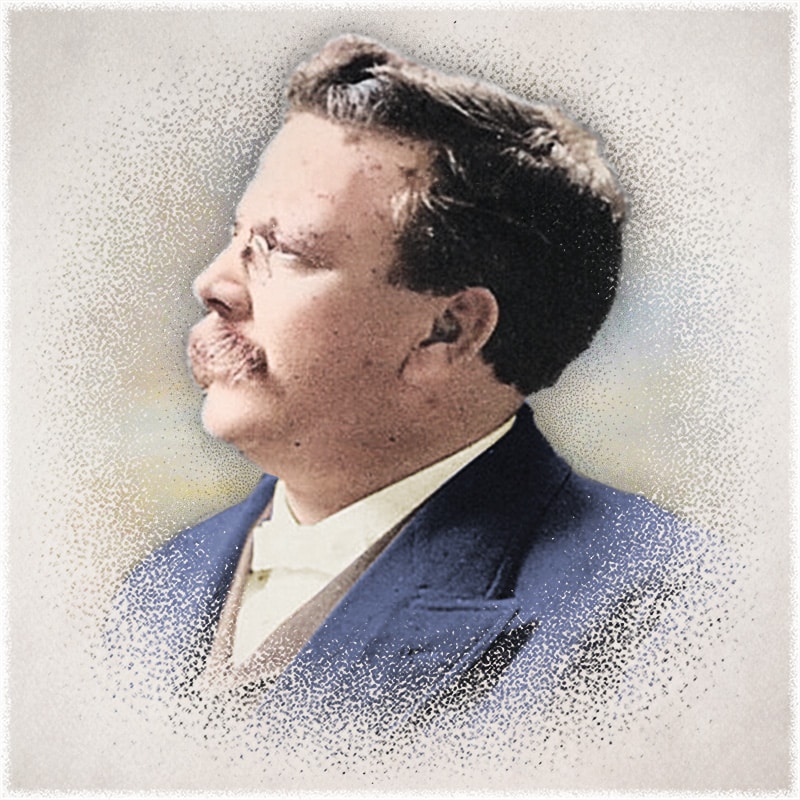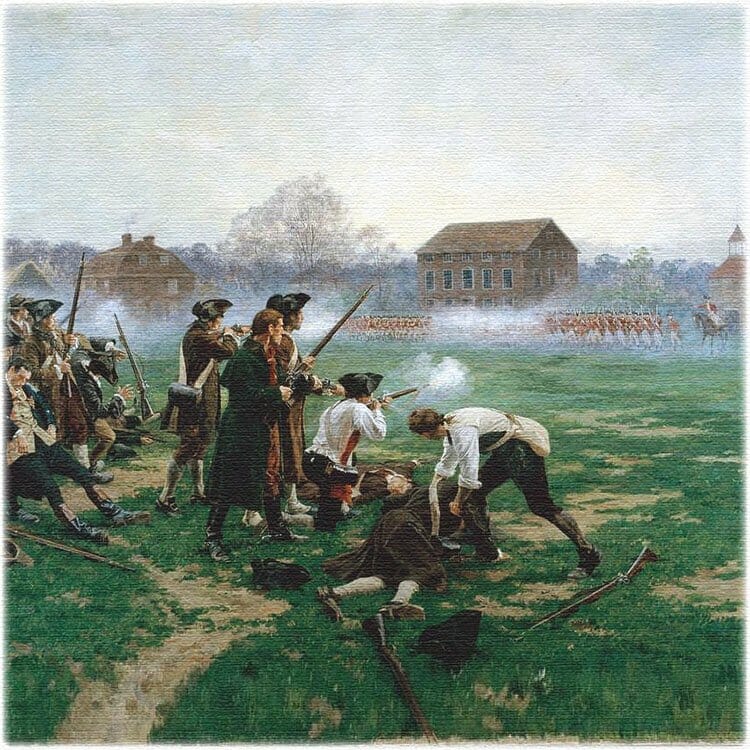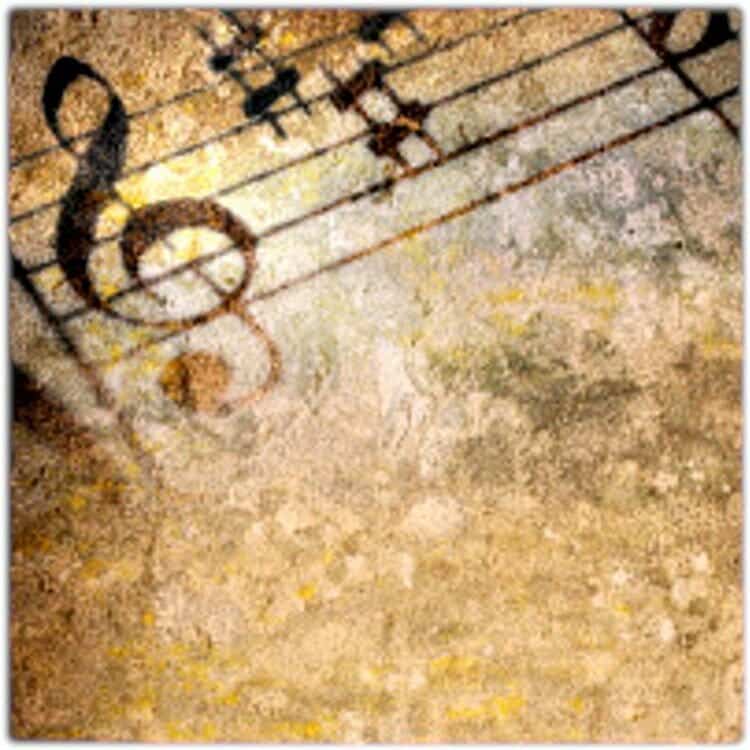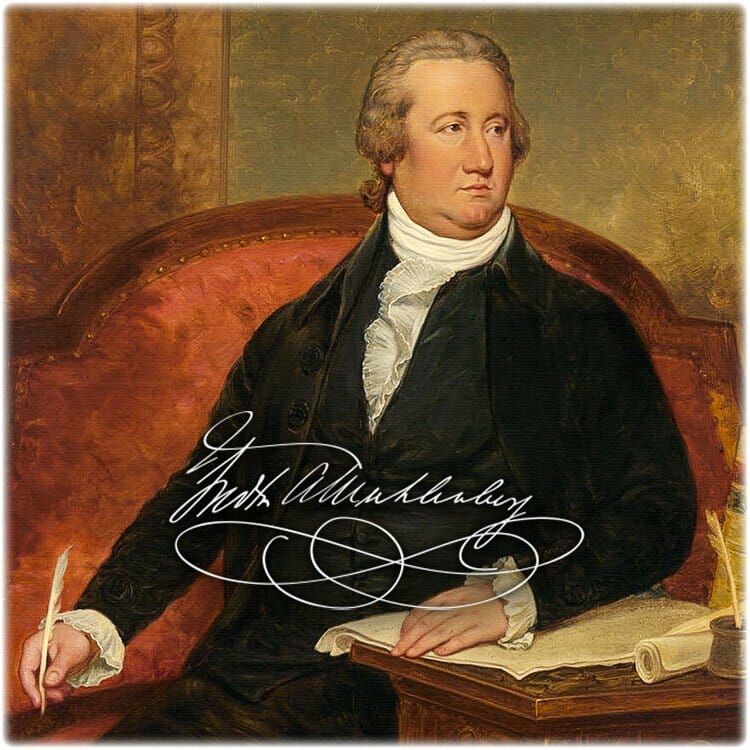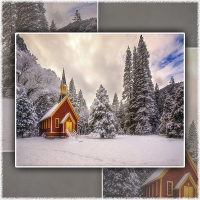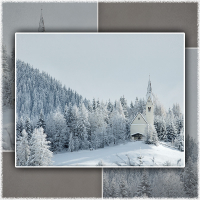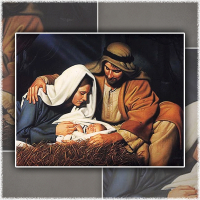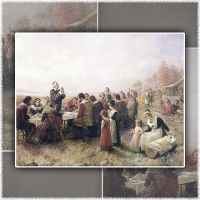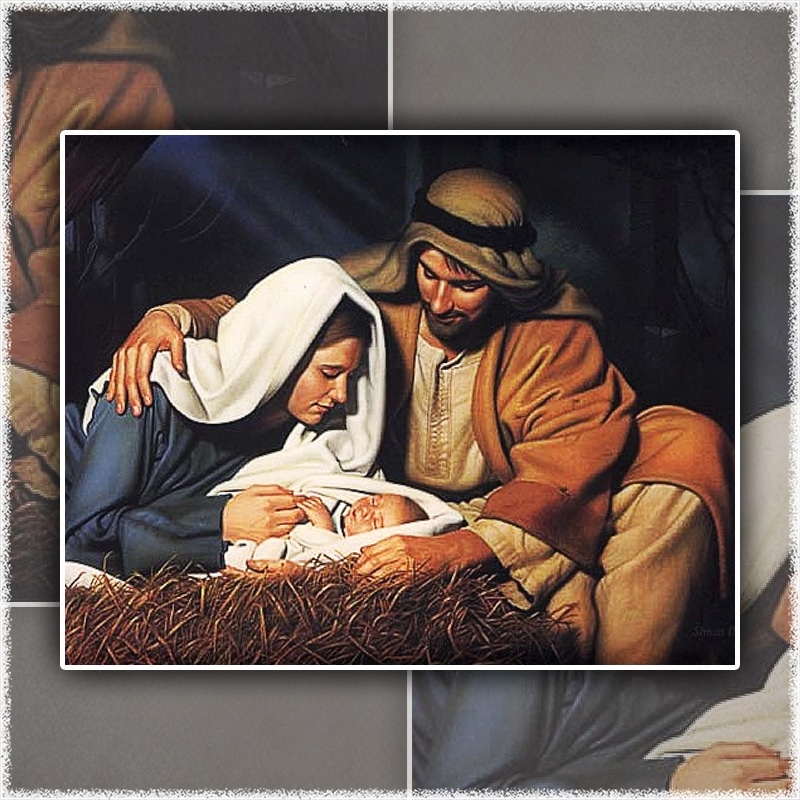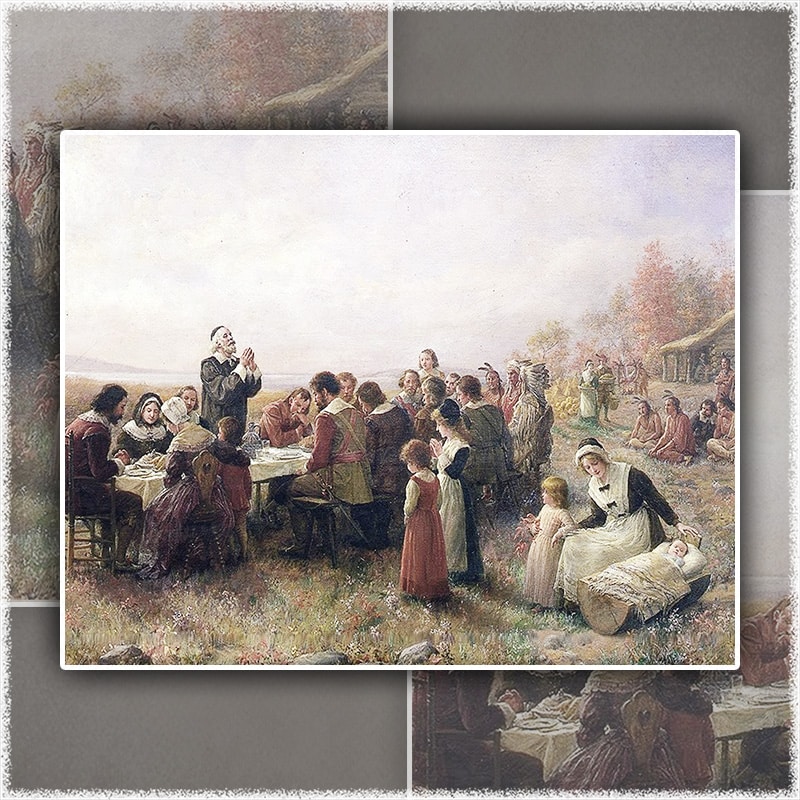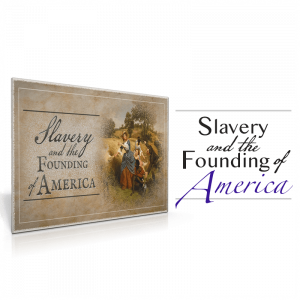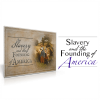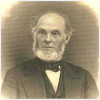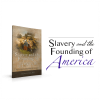Christian Living in April
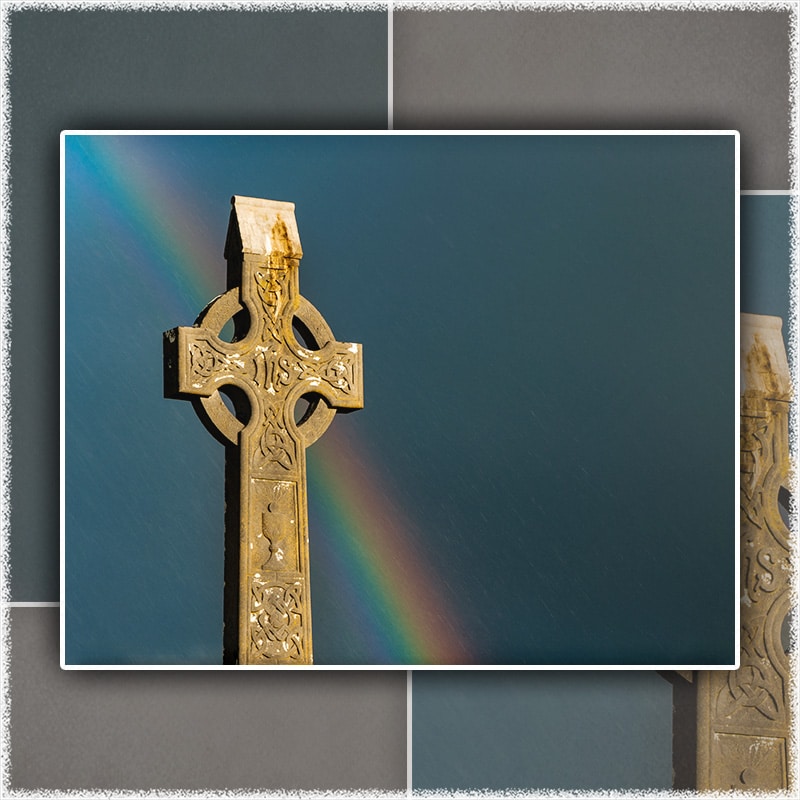
The single most important event in early Christianity was the resurrection of our Lord, Jesus Christ. Long before the Church celebrated the birth of Jesus in the Christmas season, Christians celebrated the resurrection of Christ from the grave. In contemporary Christianity and secular society, Christmas now receives more interest than Easter, but early believers understood that the Church was established upon the suffering and resurrection of Christ. It was the resurrection of Christ that convinced the remaining Disciples of the truthfulness of what Jesus has preached. So convinced were they that Jesus was the true Messiah that they were willing to lay down their lives, confident that they too would enjoy resurrection power as a result of a vital relationship with the Savior of the world.Christian Living in April
At this season of the year, the contemporary church should be deliberate in its desire to celebrate the resurrection of Christ. The ideas suggested below are provided for the sake of edifying local churches during what has historically been the most celebrated annual season. Though church leaders are not encouraged to employ all of the suggestions, a judicious leader will select that which is most appropriate for the local body of believers. It is with this hope and desire the following is offered for consideration.Christian Living in April
Article Contents
In the Northern Hemisphere, April is associated with spring. However, in the Southern Hemisphere, April is equivalent to October in the Northern Hemisphere and vice versa.
April receives it name from the Roman Latin name Aprilis and is believed to be derived from a verb meaning, "to open," which likely is descriptive of budding and flowering of flowers and trees. Roman months being named in honor of pagan divinities, April was sacred to the Roman goddess Venus, likely derived from the Greek goddess Aphrodite (Aphros). In the earliest Roman calendar, April was the second month of the calendar year which provided for 29 days in the month. Under Julius Caesar, the Roman calendar was reformed, April was given 30 days, and the present order of months in the West established.
The birthstone of April is diamond, and the birth flowers are common daisy (Bellis perennis) or the sweet pea.
In addition to the highlights of this month that are discussed below, additional subjects of interest regarding our Christian heritage are presented online, where they are arranged according to dates of occurrence—with particular attention being given to the influence Christianity has exercised upon the origin of America. The online calendar where these articles are arranged is under continual development with new articles appearing as they become available. By clicking the message box below, readers will navigate to the present month under consideration.
To navigate to our online calendar, please click this box.Observance: Late March to first part of April
Holy Week in the Christian faith begins on Palm Sunday, the Sunday before Easter. In most non-liturgical or low churches, the various days of Jesus’ last week are not observed, with exception, perhaps, to the observance of Thursday and Friday of this week. In liturgical churches or high churches, the various days of this week are remembered in more distinct ways. In a world that increasingly seeks to conceal Christian symbols and observances, Christians should seek to celebrate the events of the Christian life as publicly as possible without violating the principles of the faith to do so.
Please See Our Article:
Observance: Holy Week
Two special services are offered for use during Holy Week–Service of the Cross and Tenebrae: A Service of Darkness. Though it is unlikely that both services would be used in any single year, they are presented below for the consideration of pastors and their congregations.
The Service of the Cross may become a powerful Maundy Thursday or Good Friday tradition within your church.[2] As members of the congregation enter the place of worship, they are given a worship folder with a square nail tethered to a piece of paper. The plan of salvation is artfully related through a series of reading. Then, worshippers are instructed to write on the paper any sin or sorrow which should be given to the Lord, and at the appointed time in the service, they are invited to drive their nails in a place of their choosing on the cross placed at the front of the sanctuary. This simple act is intended to express contrition and repentance for sin and a confidence that the cross of Christ was sufficient to bear the sins and sorrows of the entire world. The impression of hammers striking the nails is a very sobering one. Served with the elements of the Lord's Supper, this service will live long in the hearts of worshippers. The service, including communion, is about an hour in length.
Our publication to host a solemn Holy Week service: A Service of the Cross
Tenebrae: A Service of Darkness
Observance: Holy Week
In far too many churches, the frenetic personal schedules of many believers does not make allowance for participation in meaningful and symbolic dramatic presentations. This fact often robs the individual and congregation of some of the most important moments in personal and collective worship. One of the ways to reverse this trend and achieve a balance between personal schedules and meaningful drama in the church is through scripted dramatic presentations, and the Easter season provides opportunity that is seldom equaled and never excelled in the Church year.
A Tenebrae Service is an attempt to dramatize the closing days of Christ's ministry on earth leading up to and including the events of Good Friday. This service begins in light, commemorating the significant events of Christ's movement toward the cross, and culminates in darkness expressive of the extinguishing of the physical life of the Messiah of the world, Jesus Christ. Few experiences bring the audience to the awareness of the spiritual realities of the Easter season.
Robert Bateman—The Minister That Inspired the Titanic
Remembrance: Sinking of the Titanic—April 14-15, 1912
Robert Bateman is reported to have been the most widely known individual on the maiden voyage of the ill-fated RMS Titanic. He had distinguished himself as a minister of the Gospel and his interest in the wellbeing of the communities in which he served that so highly commended him to his fellow passengers. Though residing in Jacksonville, Florida at the time of Titanic’s fateful collision in the North Atlantic, Rev. Bateman left behind him a trail of influence for the sake of the Gospel in both the British Isles and America—among which was the People’s Tabernacle in Knoxville, Tennessee.
Bateman was concerned not only for the spiritual wellbeing of individuals but was also deeply interested in their physical needs as well. Ameliorating the effects of the sex-trafficking of his day, he ministered extensively to the ladies of the street in Jacksonville and demonstrated a social conscience for other communities where he served.
Hours before the accident, he led fellow passengers in a Sunday evening service and closed with his favorite hymn, Nearer My God to Thee. Upon the collision of the Titanic, he escorted his sister-in-law with whom he was traveling to a lifeboat and remained on deck to minister to many others, who like him, would soon be swept into eternity. Among his final acts was his request to the orchestra of the Titanic to play Nearer My God to Thee—an effort that pointed the minds and hearts of the victims toward the realities of eternity.
Rev. Bateman was among a cluster of evangelical ministers in the late-nineteenth and early-twentieth centuries that greatly affected America and the British Isles for good. This thumbnail sketch of a great Christian statesman is sure to inspire the most candid reader.
Please See Our Article:
Our publication: Robert Bateman—The Minister That Inspired the Titanic
First Battle of American Revolution
Observance: April 19, 1775
Jonas Clark was the pastor of the town where the first armed conflict occurred in the bid for American independence. On April 19, 1775, American blood was first shed at the town square of Lexington Green in Massachusetts. The biblical principles of freedom which he and other pastors throughout the American colonies advocated were motivating causes of liberty. For this reason, Jonas Clark may rightly be known as the pastor who fired the shot heard around the world.
His wife’s cousin, John Hancock, became a frequent visitor to the home of the country parson. And, on the night of April 18, 1775, John Hancock was accompanied by the “Father of the American Revolution,” Samuel Adams. At the home of the Pastor of Christ Church in Lexington, Massachusetts, Hancock and Adams found refuge on so fateful a night.
Dr. Joseph Warren sent word that evening that the British were up to mischief. Then word came that eight or nine British officers had been seen just before nightfall along the road leading to Lexington. To ensure the safety of Adams and Hancock, ten or twelve patriots took up watch over Pastor Clark’s home.
Then, at two o’clock in the morning, peal after peal from the church bell called excited members of the local militia to the church green. There they found their pastor waiting for them. The roll was called, and one hundred fifty members answered.
Swift horsemen were sent down the road to Boston as sentinels to detect the approach of the British. After traveling several miles along the road, the sentinels returned and reported that all was quiet. A sentry was then set at the edge of Lexington, and the men of the gathered militia were dismissed to their homes with orders to return at the beat of the drum.
The question posed by Hancock and Adams to Pastor Clark was whether the local militia would stand against seasoned troops of King George. Pastor Clark assured them that they would fight, for he had trained them in scriptural principles of liberty. To read the whole story...
Please See Our Article:
Pastor Clark's account: Eye-Witness to America’s First Struggle for Liberty
Observance: Saturday evenings as family; each fifth-Sunday evening as church
One of the antidotes to the decline of the church in America is the clear demonstration of the relationship that previous generations of believers have sustained to the contemporary church, and one of the best ways to do this is through a study of the songs that have inspired the life of the church for centuries. In the family, one evening a week may be selected to read accounts of the history of songs. Saturday evening—for family devotions—may serve as an appropriate time to prepare the hearts of family members for worship on the Lord's Day. In the church, perhaps dramatic presentations on fifth-Sunday evenings or other more appropriate occasions may be selected.
In recent years, many church leaders have dismissed all manifestations of the Christian Church that is not of the most recent origin. Tragically, some believe songs should not be sung if they are of recent origin. Conversely, many believe that if songs have not been written in the last few years, they are archaic and have no contemporary value, but the same arguments could be used for removing grandma's and grandpa's pictures from the living room or refusing to engage in genealogical studies.
It is right to expect that music from every generation, and sung by every generation, should evidence the fruit of the Spirit! If it does not evidence the best of love, the best of joy, the best of peace, it should not be sung. If it does not evidence the best of gentleness, if it does not evidence the best of self-control—not erotic lust—it should not be sung.
In America, many schools have destroyed academic excellence. Many schools have dumbed down America, and for this reason, Americans and Christians are not intellectually prepared to respond to the Muslim, economic, or other local, national, or global threats. But the Church in America, particularly fluid evangelical Protestants, bear great responsibility for the dumbing down of America. Presently, Christians know less and less about their Christian heritage. Both laity and clergy have thrown out two thousand years of Christian heritage and have left the Church in America anemic, unable to declare and celebrate the glory of the American Church and the global Church—unable because it is ignorant of its glory and is determined to remain so. Laity, pastors, district superintendents, general superintendents, bishops, and every office of the Christian Church share the responsibility to reverse this trend!
Creative means of relating the glory of the Gospel and the glory of the Christian Church must be sought and secured. One such attempt to tell a small part of the greatness of Christ and His Church is presented below in the songs of Christendom. It is hoped that these efforts might help to recapture Christianity’s family history!
Please See Our Article:
April 1, 1789: The newly convened United States House of Representatives, meeting in its first session under the Constitution, chose Frederick Augustus Muhlenberg—a Lutheran minister—as its chairman.[1]
April 12, 1861: Hostilities began on April 12, 1861, when Confederate forces fired upon Fort Sumter, a key fort held by Union troops in South Carolina.
April 14, 1759: George Frederic Handel (23 February 1685 – 14 April 1759) was a German-born British Baroque composer famous for his operas, oratorios, anthems and organ concertos.
April 14, 1865: While watching a performance of Our American Cousin at Ford’s Theater in Washington, President Abraham Lincoln was shot and mortally wounded. He was taken to a nearby house where he died the following morning at 7:22 a.m. Abraham Lincoln (February 12, 1809 - April 15, 1865) was the 16th President of the United States, serving from March 1861 until his assassination in April 1865.[2]
April 15, 1912 – Just after midnight, the luxury liner Titanic struck and iceberg in the icy waters off Newfoundland with 2,224 persons on board. By 2:27 a.m., Titanic had sunk. Over 1,500 persons drowned while 700 were rescued by the liner Carpathia which arrived about two hours after Titanic went down.
April 15, 1870: Emma Hart Willard (February 23, 1787 – April 15, 1870) was an American women's rights activist who dedicated her life to education. She worked in several schools and founded the first school for women’s higher education, the Troy Female Seminary in Troy, New York. With the success of her school, Willard was able to travel across the country and abroad, to promote education for women. The Troy Female Seminary was renamed the Emma Willard School in 1895 in her honor. For more information concerning his influence upon American education, see David Barton, Four Centuries of American Education, 39-40.
April 15, 1983: Cornelia "Corrie" ten Boom (Amsterdam, The Netherlands April 15, 1892 – Placentia, California, April 15, 1983) was a Dutch Christian. Along with her father and other family members, Corrie helped many Jews escape the Nazi Holocaust during World War II and was imprisoned for it. She wrote her most famous book, The Hiding Place, about the ordeal.[3]
April 18, 1683: The exact date of the death of Roger Williams (c. 1603 – -1683) is placed by some historians on April 18, 1683. While secularists regard him as a champion of "separation of church and state," the fact of the matter is that Williams was extremely divisive.
1775, April 19: War began at the Battles of Lexington and Concord. The Battles of Lexington and Concord were the first military engagements of the American Revolutionary War. They were fought on April 19, 1775, in Middlesex County, Province of Massachusetts Bay, within the towns of Lexington, Concord, Lincoln, Menotomy (present-day Arlington), and Cambridge, near Boston. The battles marked the outbreak of open armed conflict between the Kingdom of Great Britain and its thirteen colonies in the mainland of British North America.
April 19, 1826: Reverend Samuel Andrew Peters (1735–1826) was a Connecticut Anglican clergyman and historian who is remembered for his misrepresentation of Sunday observance in Connecticut. In 1781, he published, under a pseudonym, "General History of Connecticut, from its first settlement under George Fenwick, to its latest period of amity with Great Britain prior to the Revolution; including a description of the country, and many curious and interesting anecdotes. With an appendix, pointing out the causes of the rebellion in America; together with the particular part taken by the people of Connecticut in its promotion. By a Gentleman of the Province". This work is noted for its unflattering descriptions of the colonists and for its misrepresentation of the Connecticut Blue Laws. He died in New York City in great poverty.[4]
April 20, 1777: Following the recommendation of the Continental Congress, the state of New York ratified its first Constitution on April 20, 1777.
April 25, 1800: William Cowper (26 November 1731 – 25 April 1800) was an English poet and hymnodist. One of the most popular poets of his time, Cowper changed the direction of 18th century nature poetry by writing of everyday life and scenes of the English countryside. In many ways, he was one of the forerunners of Romantic poetry. His religious sentiment and association with John Newton (who wrote the hymn "Amazing Grace") led to much of the poetry for which he is best remembered. His poem "Light Shining out of Darkness" gave the English language the idiom "God moves in a mysterious way, His wonders to perform."
April 26, 1607: After months at sea, Captain John Smith arrived in the New World to establish the first English colony.
April 30, 1789: George Washington inaugurated as first President of the United States
America deserves to know its true heritage.
Please contribute today!
The Debates and Proceedings in the Congress of the United States with an Appendix Containing Important State Papers and Public Documents and All the Laws of a Public Nature. Washington [D.C.]: Gales and Seaton, 1855.
Galloway, Charles B. Christianity and the American Commonwealth: The Influence of Christianity in Making This Nation. Reprint ed. Powder Springs, Georgia: American Vision, 2005.
Woodbridge, John D. More Than Conquerors: Portraits of Believers from All Walks of Life. Chicago, IL: Moody Press, 1992.
[1] The Debates and Proceedings in the Congress of the United States with an Appendix Containing Important State Papers and Public Documents and All the Laws of a Public Nature (Washington [D.C.]: Gales and Seaton, 1855), 1:99-100; http://memory.loc.gov/cgi-bin/ampage?collId=llacandfileName=001/llac001.dbandrecNum=51.
[2] See John D. Woodbridge, More Than Conquerors: Portraits of Believers from All Walks of Life (Chicago, IL: Moody Press, 1992), 14-21.
[3] See John Woodbridge, More Than Conquerors: Portraits of Believers from All Walks of Life.
[4] Charles B. Galloway, Christianity and the American Commonwealth: The Influence of Christianity in Making This Nation, Reprint ed. (Powder Springs, Georgia: American Vision, 2005). 2005. 93.



